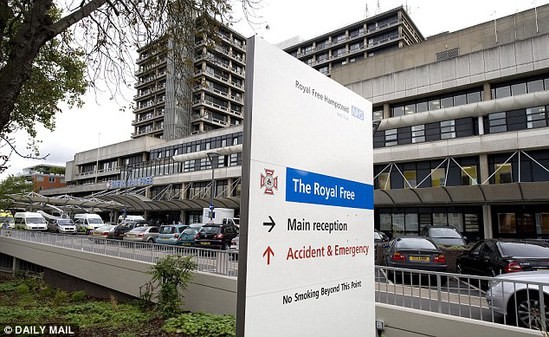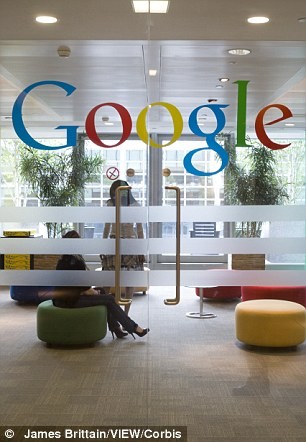Google was exposed to 1.6 million private medical records without patient consent
Without the patient's consent, Google has received 1.6 million private medical records to develop applications that help monitor kidney disease.
It is reported that in September 2015, Google's UK subsidiary DeepMind and the Royal Free NHS Trust signed a data sharing agreement. Under the agreement, DeepMind can use the medical data of 1.6 million patients through three London hospitals operated by the Royal Tzu Chi NHS Trust. In return, Google needs to help its research and development to monitor patients with possible kidney failure.

The data transmitted to Google includes the patient's complete medical history, including whether they were diagnosed with AIDS, depression, drug or alcohol addiction, and abortion. DeepMind is developing applications that alert doctors when kidney failure caused by dehydration causes the patient to be in danger. In addition, the app can also process blood tests and notify the doctor immediately when a patient is at risk.
These data include the name and medical history of the inpatient. But no patients were notified in advance, highlighting the fact that private companies can obtain highly sensitive medical information without the patient's permission. According to privacy advocates, this also highlights the public's lack of ability to control personal information. Experts say that the data-sharing agreement between Google and the Royal Tzu Chi NHS Trust may create precedents and patient data will be regularly passed on to private companies.
Google and the Trust did not seek patient consent in advance because the trust could transmit certain anonymous medical information, provided that it was used to improve medical research purposes. The Royal Tzu Chi NHS Trust insisted that they did not sell the information to Google and that the agreement did not involve money transactions. Google also said that the data is encrypted and will only be processed by computer programs, and there is no possibility of online leakage.

But neither Google nor the Royal Tzu Chi NHS Trust explained that any patient data needed to develop an application. After all, this project is just a pilot program. If it succeeds, other hospitals may request Google to help develop similar applications and transmit medical data to them.
D-tagatose is a rare natural monosaccharide, which is the ketose form of galactose and the epimer of fructose. The sweet characteristic is similar to sucrose, and the heat produced is only one third of sucrose, so it is called low calorie sweetener. Tagatose has excellent nutritional characteristics such as low caloric value, zero glycemic index, blood glucose passivation, caries free, prebiotic effect and Antioxidant activity. Tagatose has been approved by FDA as a pharmaceutical excipient for throat moistening tablets, over-the-counter diabetes cough syrup, chewable antibiotic tablets, non steroidal anti-inflammatory drugs and pediatric drugs. FDA Approves tagatose to replace sucrose and other sweeteners in toothpaste, mouthwash and cosmetics.
D-Tagatose Powder,Aspartame Powder,Erythritol Powder,Monk Fruit Extract
Xi'an Tian Guangyuan Biotech Co., Ltd. , https://www.tgybiotech.com